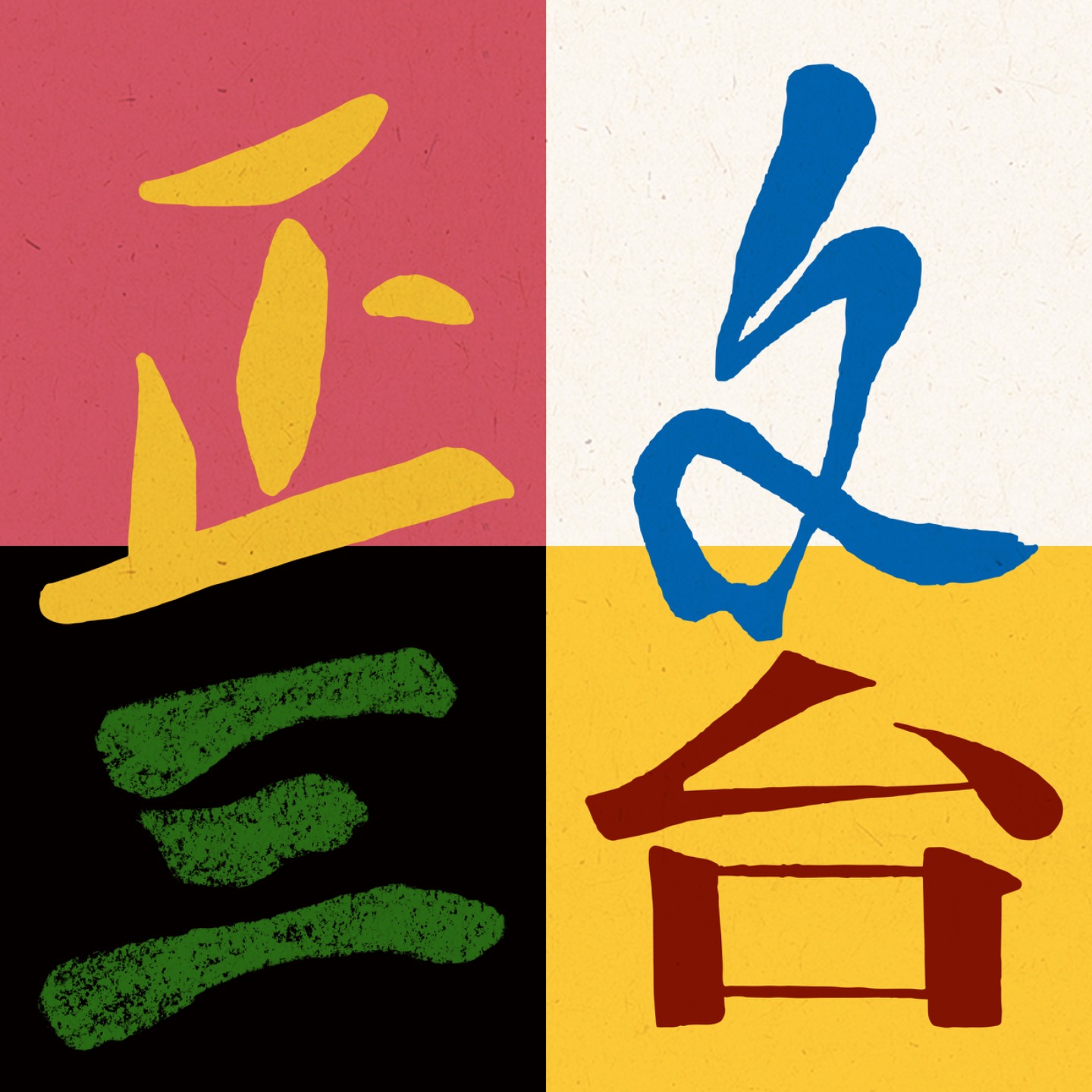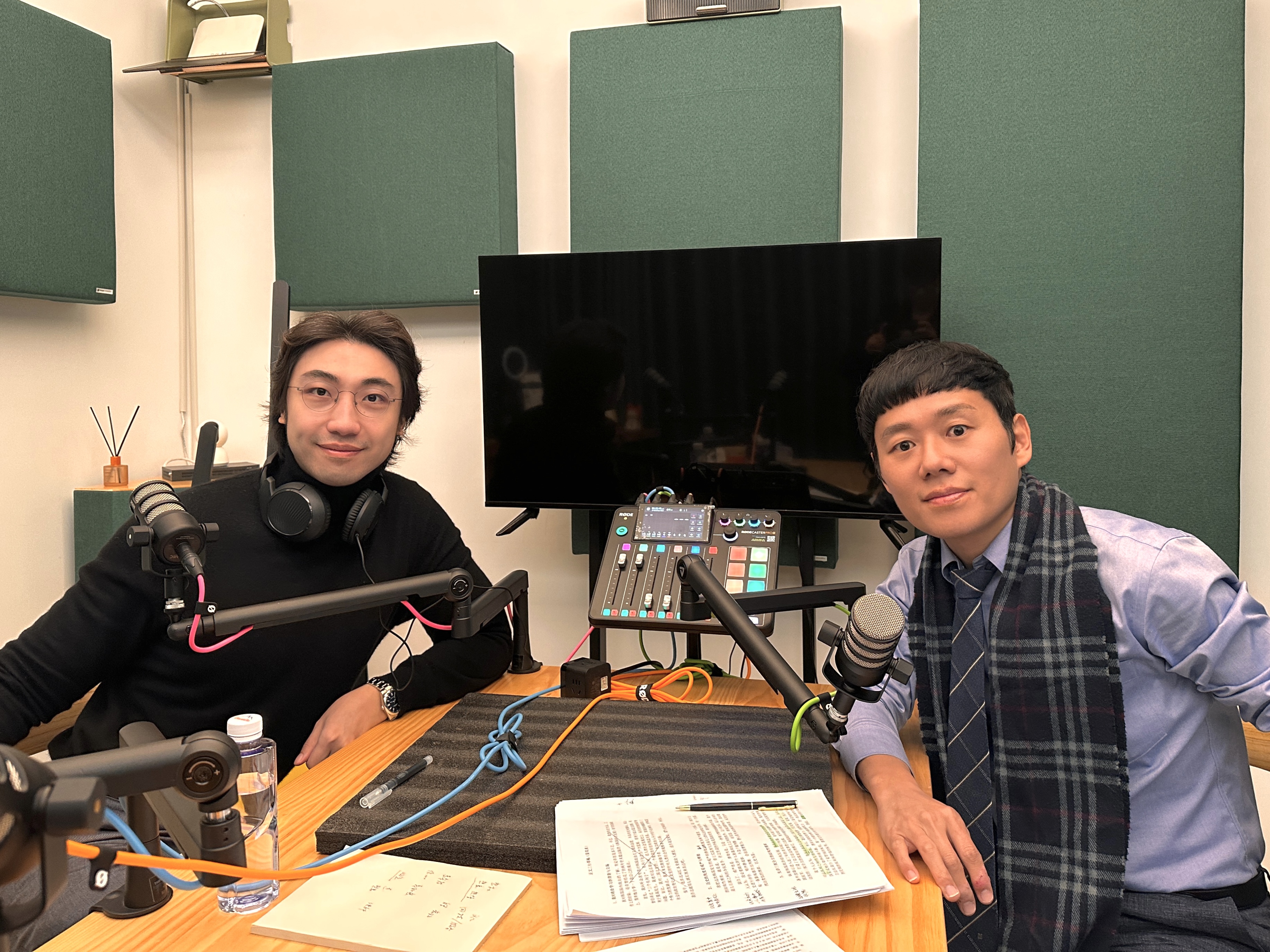
Deep Dive
What were the key historical events that shaped the political divisions in Korea?
The political divisions in Korea trace back to the late 15th century during the Joseon Dynasty, where factions like the Easterners and Westerners emerged due to disagreements over official appointments. These factions further split into subgroups, creating a four-party system. The Imjin War in the 16th century exacerbated these divisions, as factions disagreed on whether to prepare for war with Japan. The Japanese colonial period (1910-1945) further deepened these divisions, with some Koreans collaborating with the Japanese while others resisted. Post-liberation in 1945, the power vacuum led to renewed factional struggles, particularly between leftist and rightist groups, which were influenced by the U.S. and Soviet occupations.
How did the Japanese colonial period influence Korean political factions?
During the Japanese colonial period (1910-1945), Koreans faced a choice between collaborating with the Japanese regime or resisting it. Many chose to collaborate for survival, while a smaller number joined resistance movements, often fleeing to China or the U.S. This period created a deep divide between those who collaborated (later labeled as pro-Japanese) and those who resisted, which continued to influence Korean politics post-liberation. The pro-Japanese factions often retained power due to their administrative experience and resources, while resistance leaders like Kim Gu and Syngman Rhee sought to establish independent governance.
What role did the U.S. military government play in shaping post-liberation Korean politics?
The U.S. military government, which controlled southern Korea after Japan's surrender in 1945, aimed to establish a Western-style democratic system. They set up a legislative body and encouraged political parties to form, leading to the dominance of rightist factions like the Korean Democratic Party. The U.S. marginalized leftist groups, which refused to participate in the U.S.-backed government, further deepening the political divide. This period laid the groundwork for the eventual establishment of South Korea as a separate state under U.S. influence.
How did the Korean War impact the political landscape of South Korea?
The Korean War (1950-1953) solidified the division between North and South Korea and intensified internal political struggles. Many former Japanese collaborators retained power in the South due to their administrative and military expertise, which was crucial during the war. This led to a continuation of factional politics, with rightist factions dominating the government. The war also entrenched the Cold War dynamics in Korea, with the South aligning firmly with the U.S. and the North with the Soviet Union and China.
What is the significance of the 'blacklist' in Korean politics?
In Korean politics, 'blacklists' are used by ruling parties to marginalize or punish individuals associated with opposing factions. For example, during the Park Geun-hye administration, left-leaning media figures and civil servants were often sidelined or demoted. Similarly, under Moon Jae-in, right-leaning individuals faced similar treatment. This practice reflects the deep-seated factionalism in Korean politics, where loyalty to the ruling party often determines one's career prospects, regardless of merit.
How has the Korean civil service been affected by political factionalism?
The Korean civil service has been heavily influenced by political factionalism, particularly since the presidency of Kim Dae-jung. When a new party comes to power, it often replaces high-ranking civil servants with loyalists, leading to a cycle of purges and appointments based on political allegiance rather than merit. This has created instability within the civil service, as individuals are often forced to 'choose sides' and face career repercussions if their faction loses power. This system undermines the neutrality and efficiency of the civil service.
What challenges does the Korean political system face in maintaining democratic principles?
The Korean political system struggles with maintaining democratic principles due to deep-seated factionalism and the use of 'blacklists' to marginalize opponents. The system often prioritizes loyalty to the ruling party over merit, leading to inefficiency and instability in governance. Additionally, the lack of a strong check-and-balance mechanism allows ruling parties to dominate the legislative and executive branches, undermining the separation of powers. This has led to a cycle of political retribution and polarization, which hinders the development of a stable and inclusive democracy.
- 朝鲜王朝时期朋党政治的出现与关乎任免问题的分歧
- 日本殖民时期韩国人面临的顺应或对抗的抉择
- 光复后左派势力崛起及美国军政厅的影响
- 金九、李承晚等政治人物的策略与选择
Shownotes Transcript
-聊天的人-
Phil Chang(ID:@Phil Chang))
姜昊求(韩中经济社会研究所所长,ID:@SKESI.kr姜昊求所长))
 -时间轴-
-时间轴-
04:15 万历朝鲜战争时期的党争
06:18 日本殖民时期韩国人的选择
13:30 朝鲜光复之后党争再起
27:43 总统的用人
29:50 姜所长身边的案例
41:23 金大中之后公务员系统出现分裂
46:55 左右翼都拿民主作为获得权力的工具
-剪辑-
Phil Chang
-出品·制作-
Phil Chang
-听友群-

*本节目欢迎更多有趣优质内容,有相关经历且有兴趣的朋友可以加听友群联系Phil Chang,《正文三台》期待各位的分享!